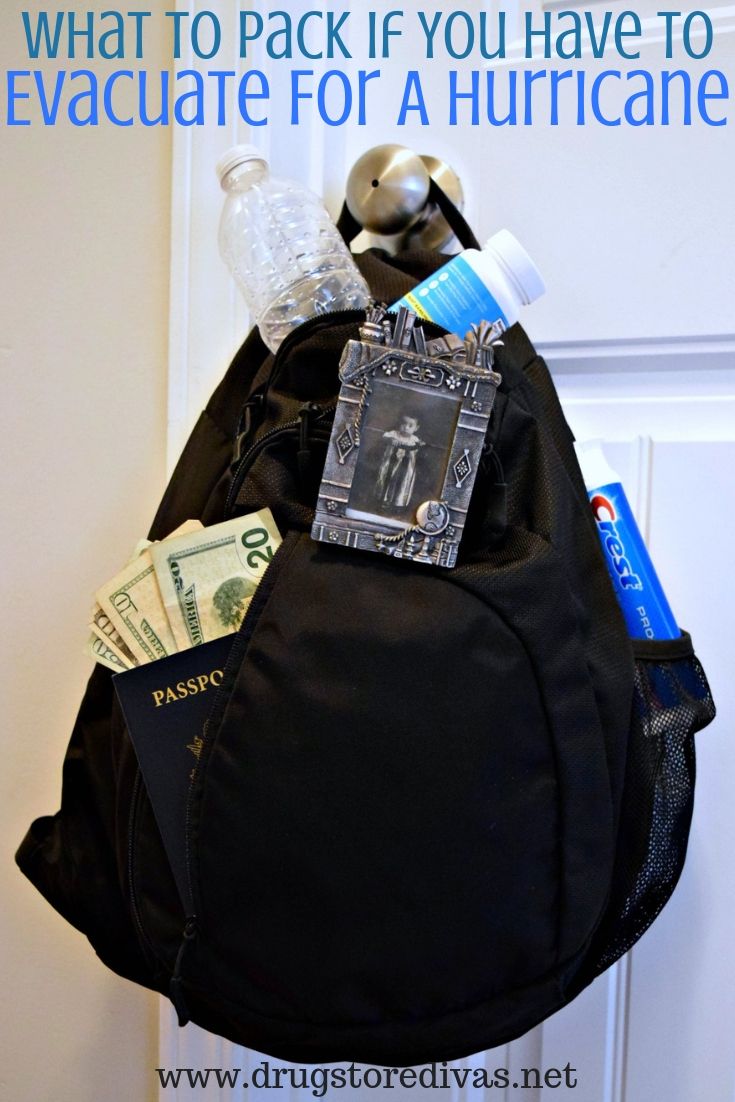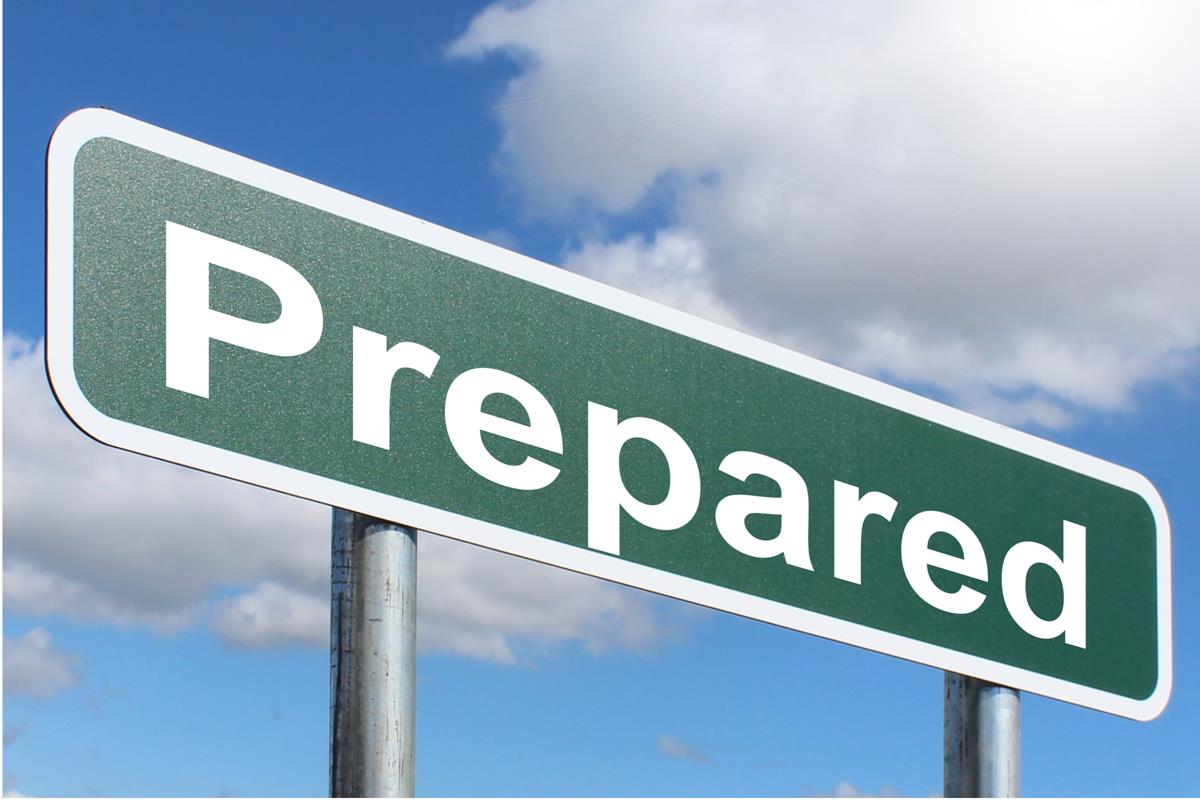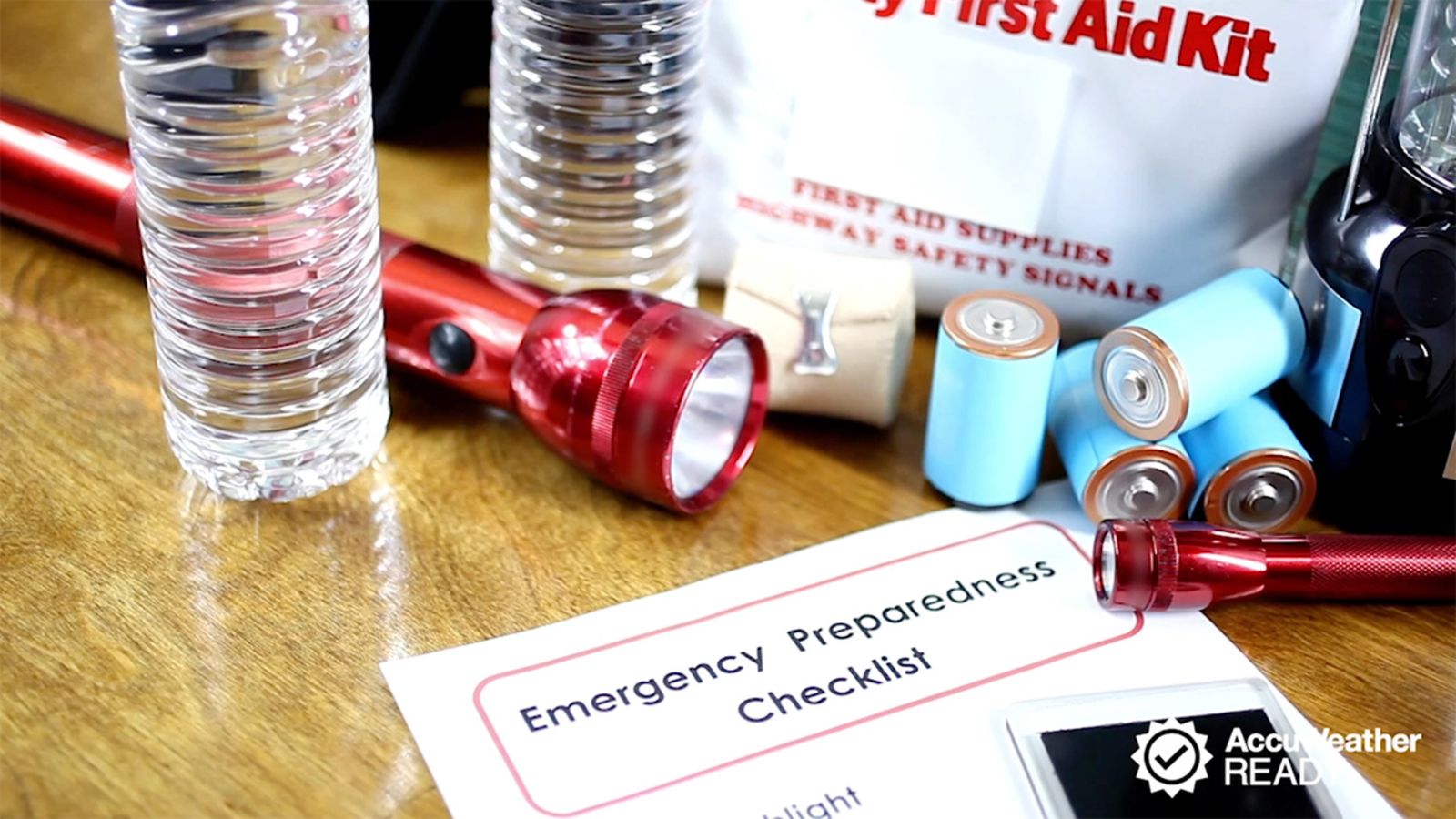It’s important to remember that war is a complex and unpredictable event, and the specific needs of any given situation will vary greatly. However, there are some general categories of items that can be helpful to have on hand in case of any emergency, not just war. Here are some key areas to consider:

1. Basic necessities:

Food and water: A two-week supply of non-perishable food and water is a good starting point. Choose items that are high in calories and nutrients, and have a long shelf life. Canned goods, dried fruits and vegetables, pasta, rice, and beans are all good options. Don’t forget about pet food if you have furry family members.

First-aid kit: Make sure your kit is stocked with essential items like bandages, antiseptic wipes, pain relievers, and any medications you or your family members take regularly.
Sanitation supplies: Soap, toilet paper, and other hygiene products are essential for staying clean and healthy. Consider storing a water purification kit or tablets in case access to clean water becomes limited.
2. Communication and information:
Battery-powered radio: This will allow you to stay informed about what’s happening even if the power goes out.
Flashlights and extra batteries: A reliable source of light is essential in any emergency.
Chargers and power banks: Keep your devices charged so you can stay connected with loved ones. Consider a solar-powered charger for long-term situations.
3. Comfort and security:
Blankets and sleeping bags: These will help you stay warm in case you need to evacuate your home.
Important documents: Keep copies of your passport, birth certificates, and other essential documents in a safe place. Consider storing digital copies in a cloud-based storage service.
Cash: In an emergency, it’s good to have some cash on hand in case ATMs and credit card machines are not working.
Remember:
- Planning and preparation are key. Don’t wait until an emergency is happening to start gathering supplies.
- Stay informed about the situation. Pay attention to official warnings and instructions from local authorities.
- Be kind and helpful to others. In times of crisis, it’s important to look out for each other.
It’s important to emphasize that having a preparedness plan and supplies is not about fearmongering, but about being responsible and taking care of yourself and your loved ones. By being proactive, you can help ensure that you’re able to cope with whatever challenges may come your way.
Here are some additional resources that you may find helpful:
- The Ready.gov website from the U.S. Department of Homeland Security has a wealth of information on how to prepare for emergencies, including war.
- The Red Cross also has a lot of helpful information on emergency preparedness.
- The International Committee of the Red Cross (ICRC) is a humanitarian organization that works to protect people affected by armed conflict.
I hope this information is helpful. Please let me know if you have any other questions.










